Mothers between ages 30 to 39 — who prioritise the stability of their family and children — have three main financial objectives: to ensure a stable family life in future, appreciate assets to beat future inflation, and to finance their children’s or grandchildren’s education, according to an RFi Research survey commissioned by UOB.
Covid-19 has made it more necessary than ever to plan for unforeseen circumstances
Mothers have had to juggle more as Covid-19 dramatically upends the way we live and work. Job uncertainties aside, these women face growing responsibilities at home amid work-from-home arrangements and can struggle with the lack of childcare services.
The current climate has made it more necessary than ever to plan for unforeseen circumstances. “For mothers, this is of utmost importance because they would want to protect their families’ well-being without sacrificing their own,” said Ms Jacquelyn Tan, UOB head of group personal financial services.
Mothers must think with care about how their financial needs will shift throughout the different stages of their lives, beginning from the time their children are born.
And as their children grow older, right to the point of starting their own families, mothers must also keep their retirement needs in mind through those years.
As women are expected to outlive men, retirement planning is a task that cannot be overlooked. Studies have also shown that women are more likely to be the primary caregiver to their children, even as the gender wage gap persists.
In Singapore, women, including mothers, have been paying increasing attention to their finances. A recent survey outlined the top financial goals that women have and the active steps taken to reach their goals.
Mothers between ages 30 to 39 — who prioritise the stability of their family and children — have three main financial objectives: to ensure a stable family life in future, appreciate assets to beat future inflation, and to finance their children’s or grandchildren’s education, according to an RFi Research survey commissioned by UOB.
Those above 40, meanwhile, have additional goals to maintain their current lifestyle, retire early and own their own home.
“The pandemic has forced us to confront how unpredictable the future can be and how we need to actively take steps to achieve the goals we aspire towards. Fortunately, mothers are no strangers to looking ahead and taking a long-term view of their finances,” said Ms Tan.
Prudent savers
Motherhood can be an expensive journey. As such, mothers tend to make more prudent savers, as they value stability in their family life and prioritise safeguarding their loved ones’ needs, said Ms Tan.
Women are increasingly setting aside more money for rainy days. UOB’s female customer base on average doubled the amount of savings they grew in 2020, compared to the previous year.
Ms Theresa See, a mother of two children, both in their 20s, started to pay greater attention to how she manages her finances after becoming a mother.
I wanted to be able to provide my family with a comfortable life and for my children, in particular, to be able to pursue their passions and the educational paths they choose. I also wanted to be able to leave something for my children as part of my legacy.
MS THERESA SEE
As a general rule of thumb, one should shore up between three to six months of their monthly living expenses in emergency funds.
“Having more rainy-day funds stashed away hopefully puts mothers in a better position to handle any curveballs that life might throw at them,” said Ms Tan.
Getting insured
Insurance is another key building block for a sound financial foundation. Mothers have a primary role to provide for all of their children’s needs, which include a financial safety net to buffer against unforeseen circumstances.
This makes mothers more likely to take steps to ensure they and their families are covered by insurance. Among UOB customers, women account for almost two-thirds of the insurance policies purchased.
The RFi Research survey further found that the majority of mothers between ages 30 to 39 hold more than four banking products. More than nine in 10 have insurance products, while more than eight in 10 hold investment products.




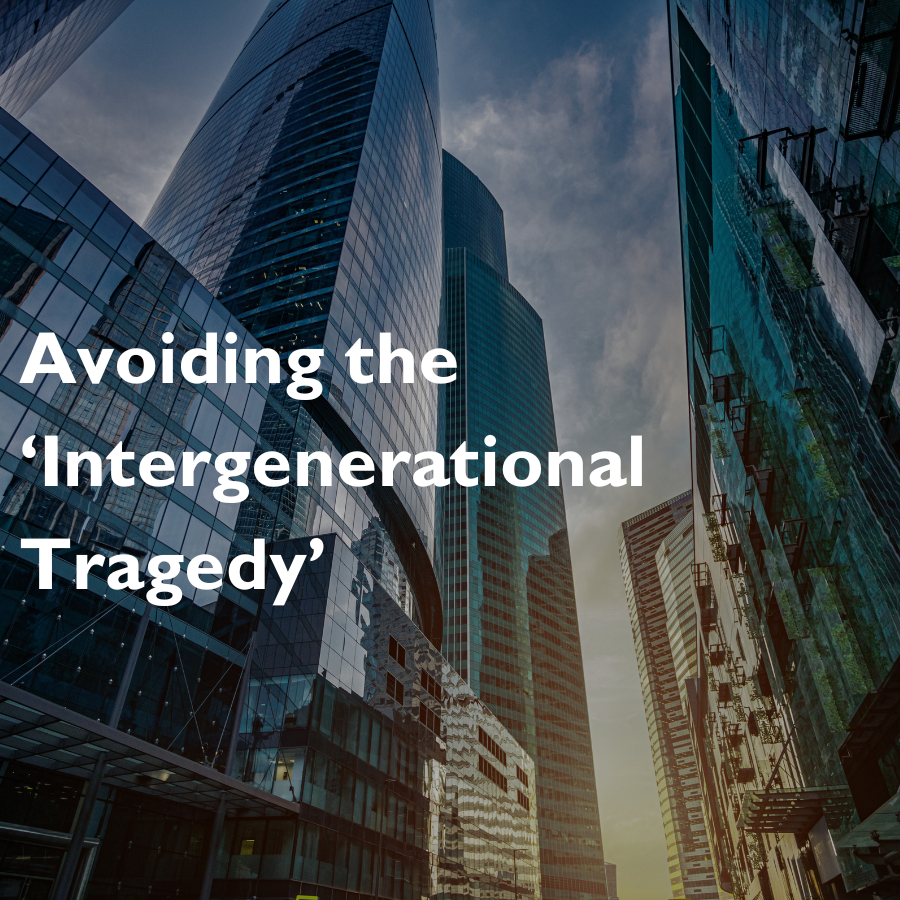

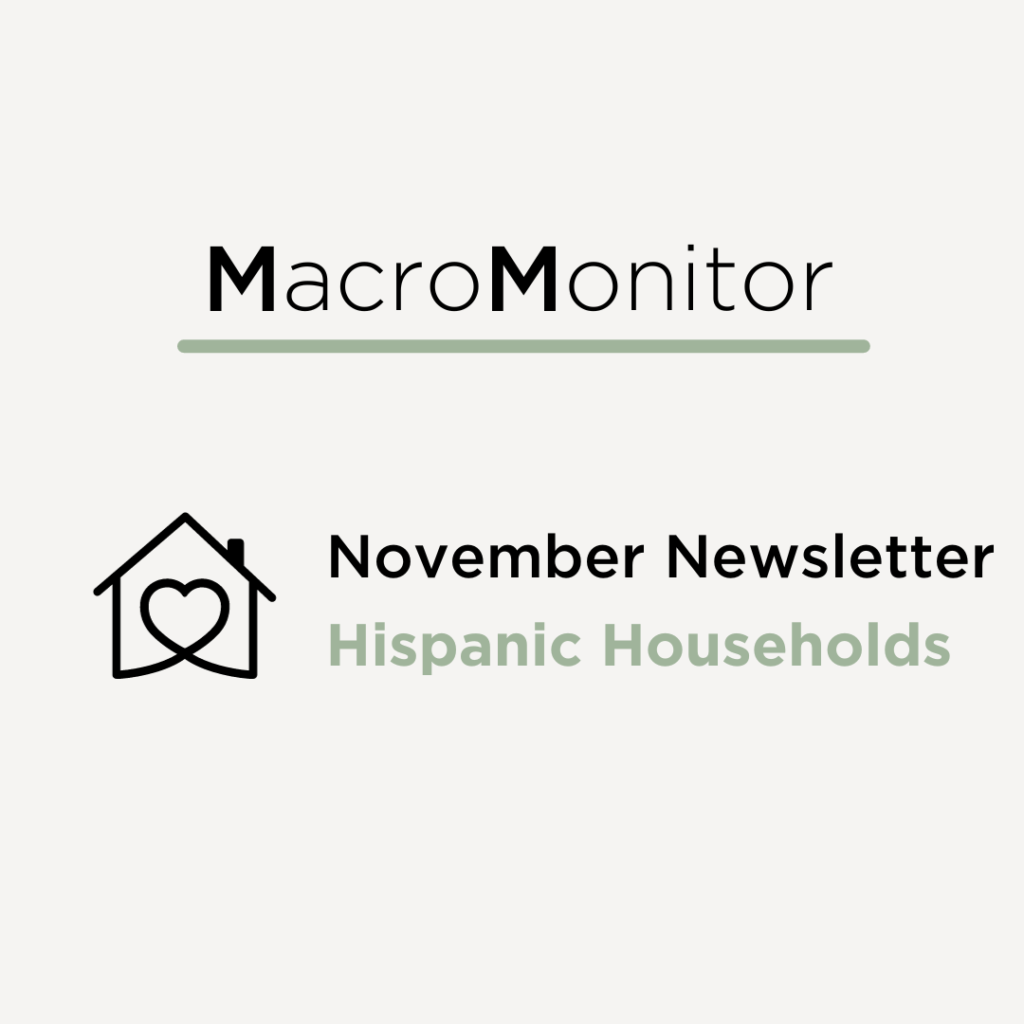
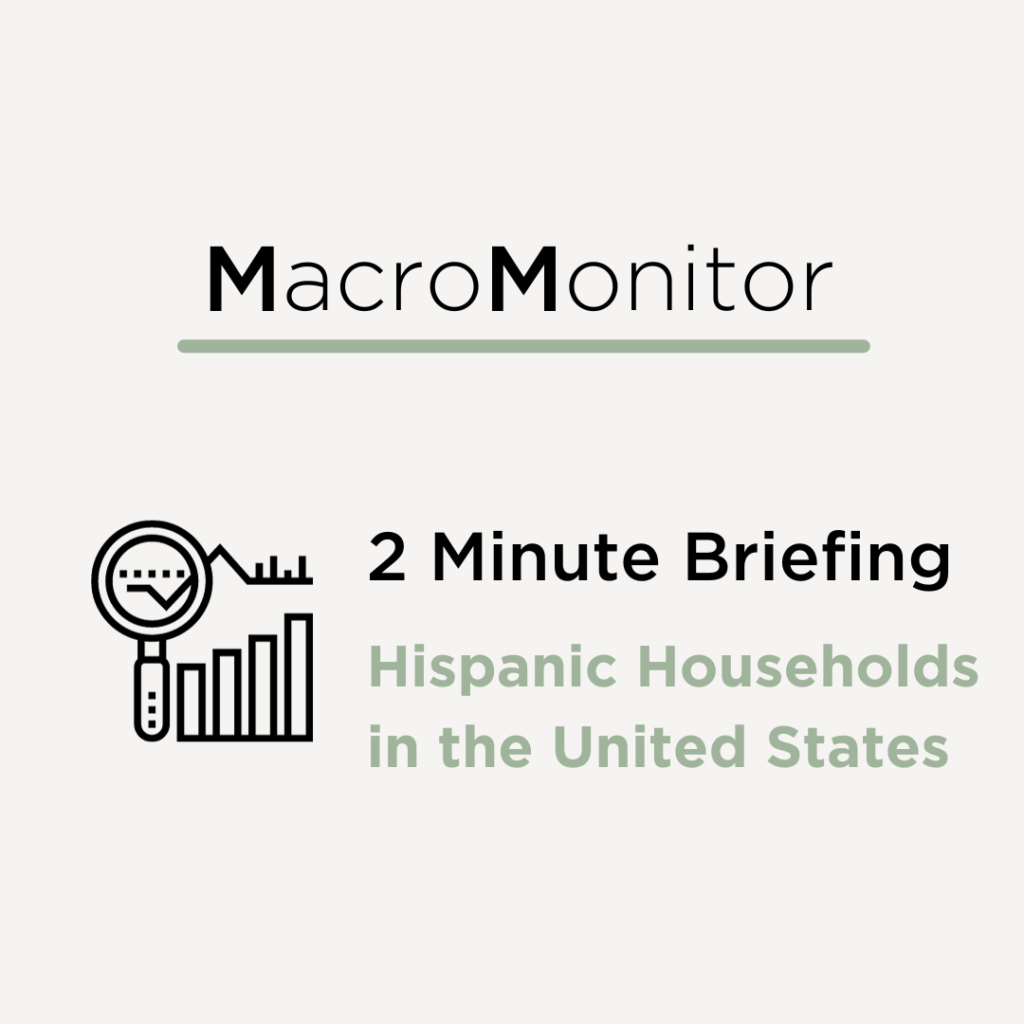






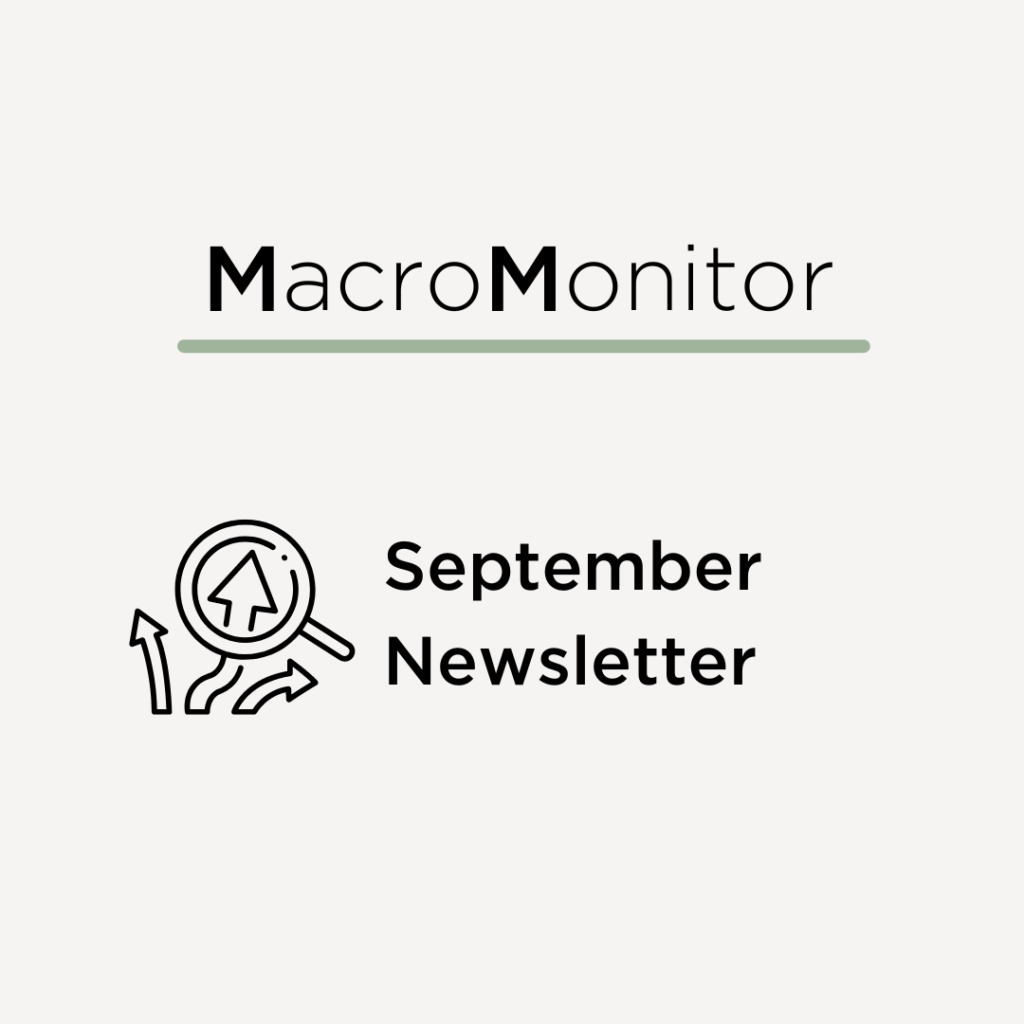
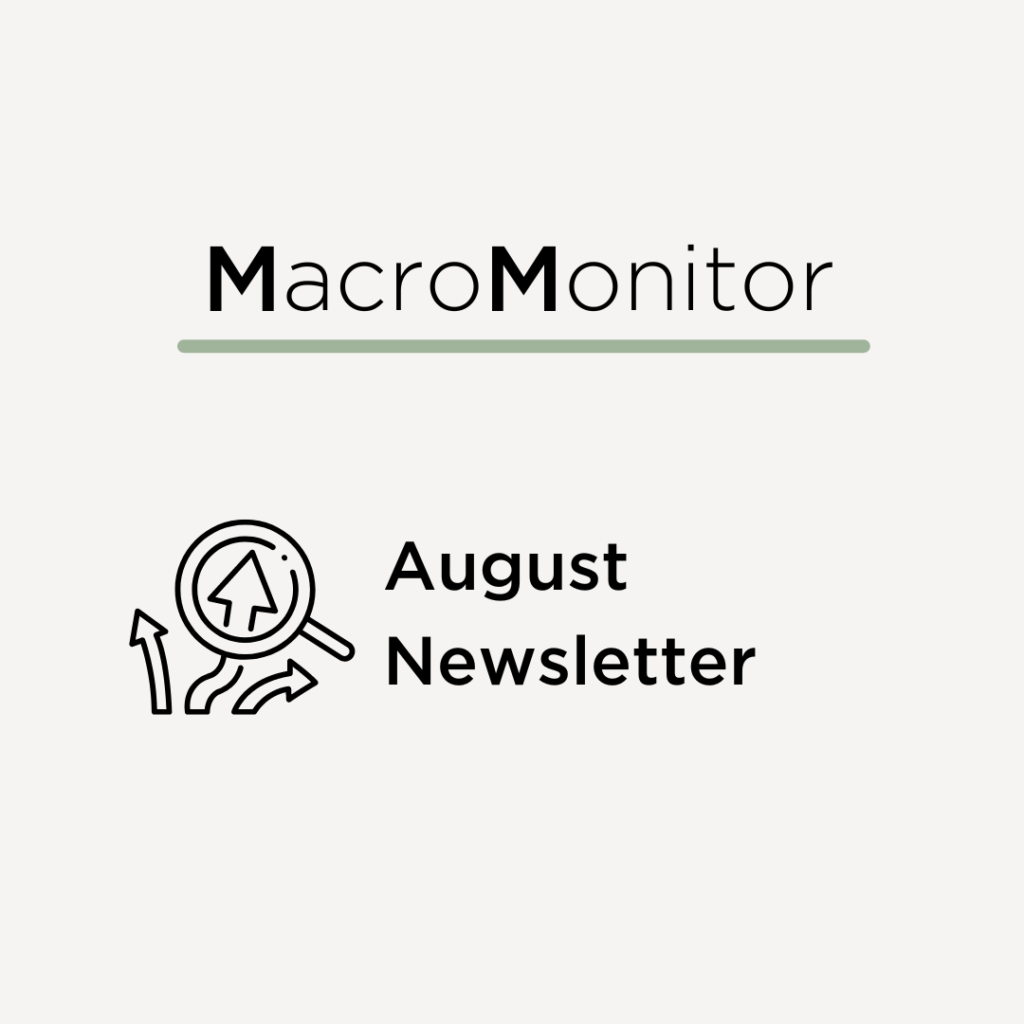





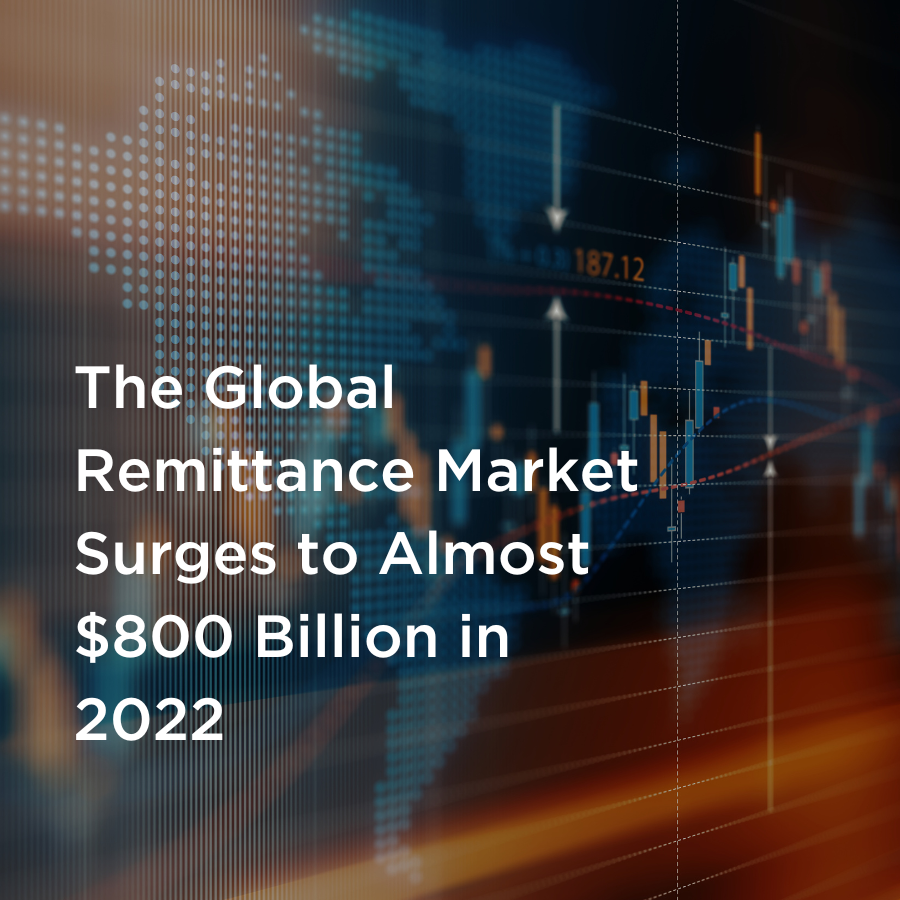





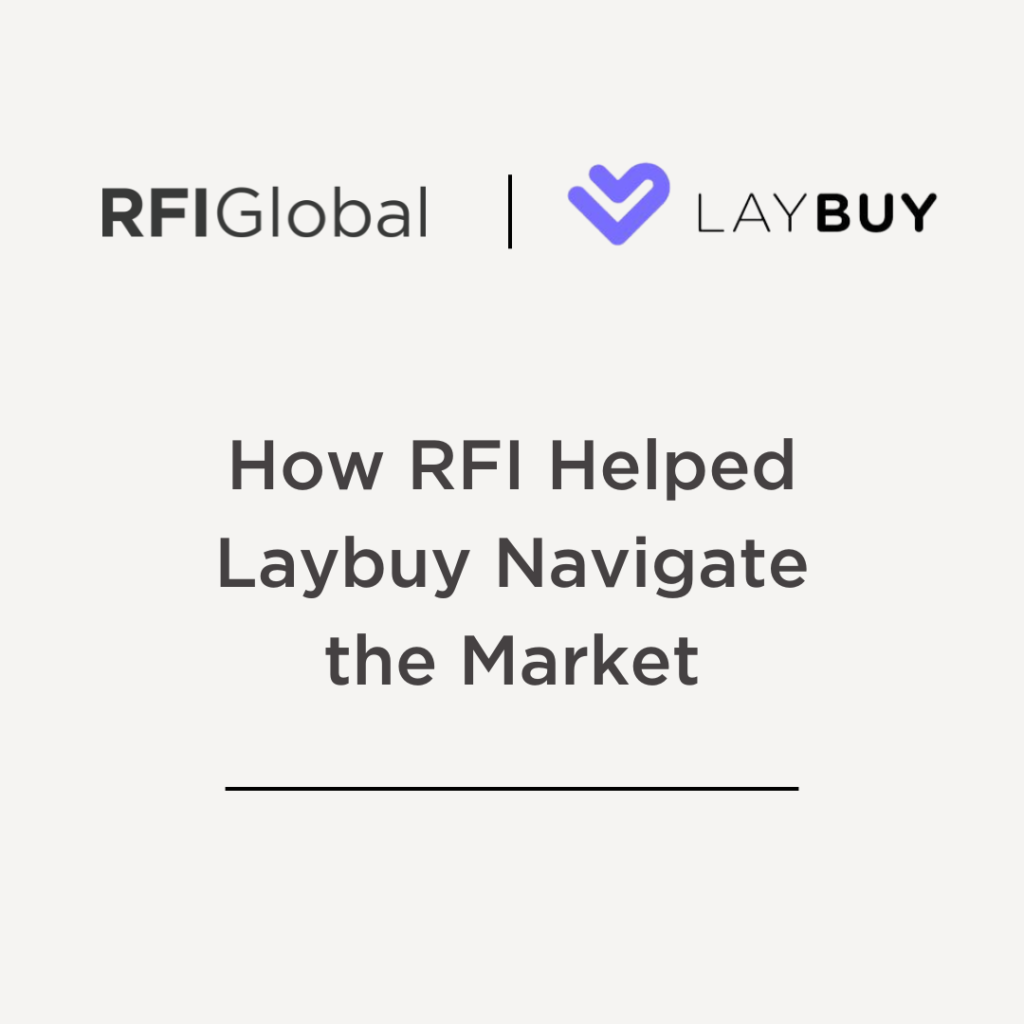
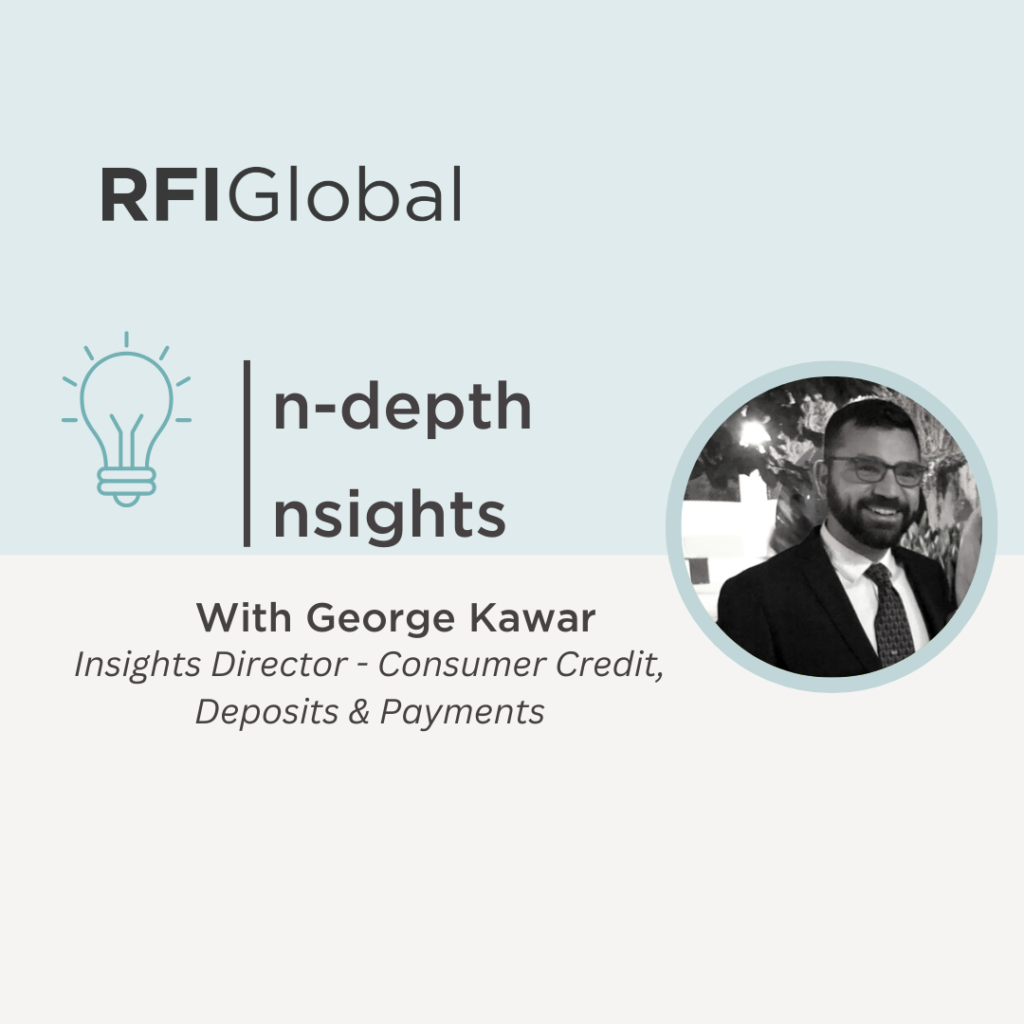
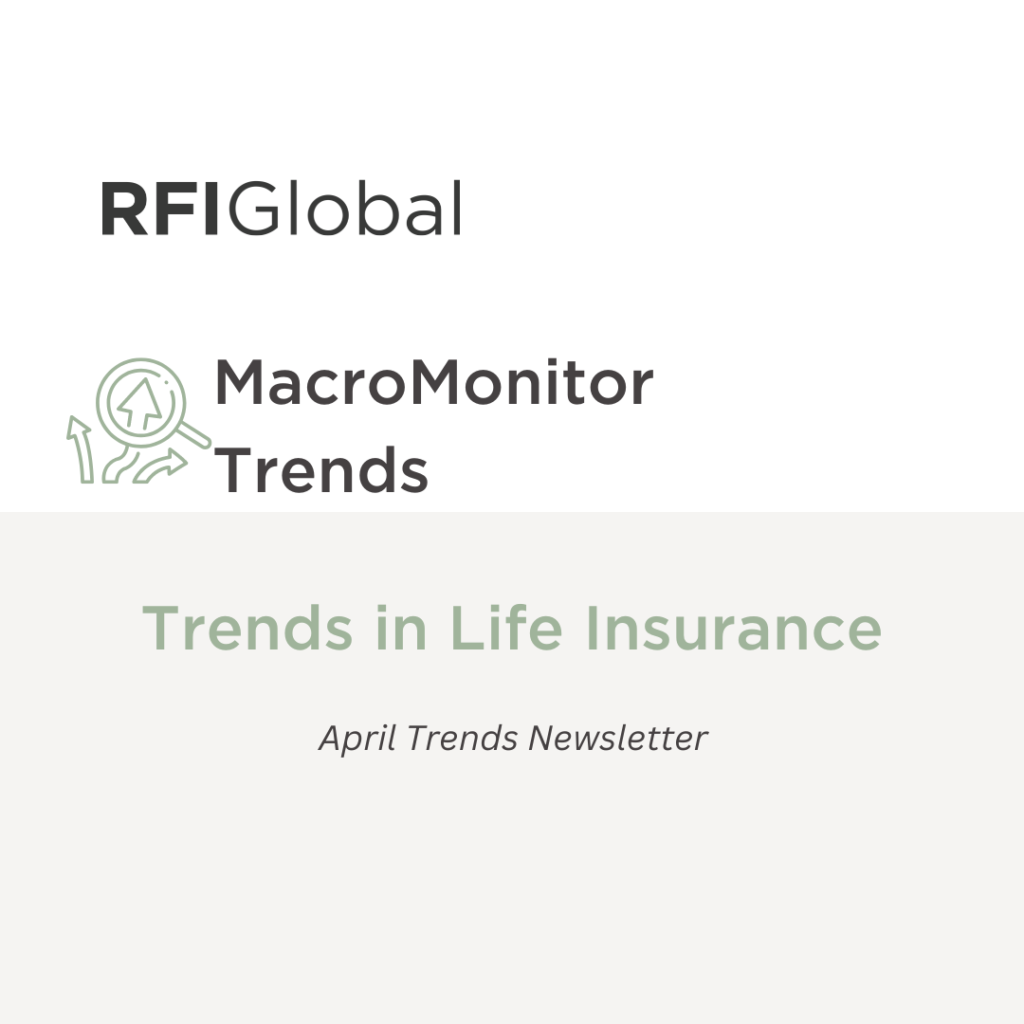

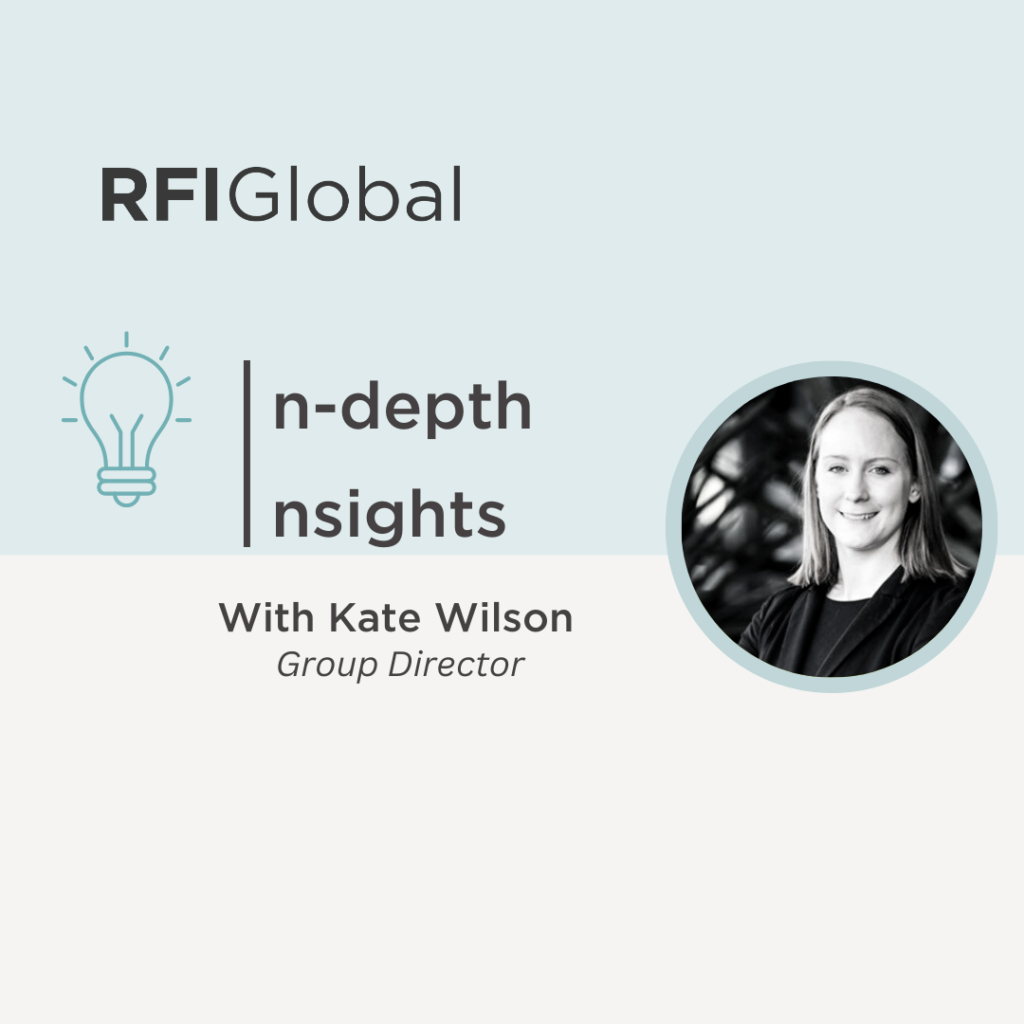
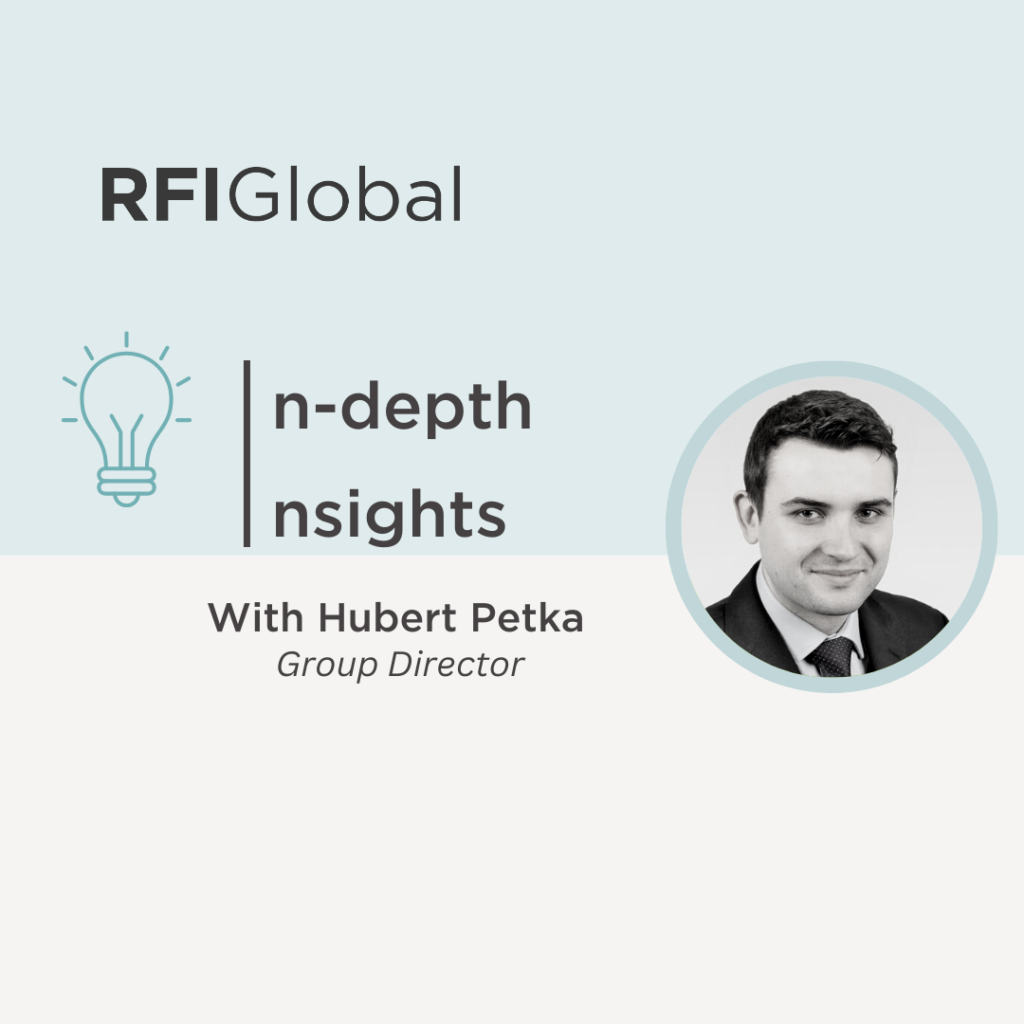
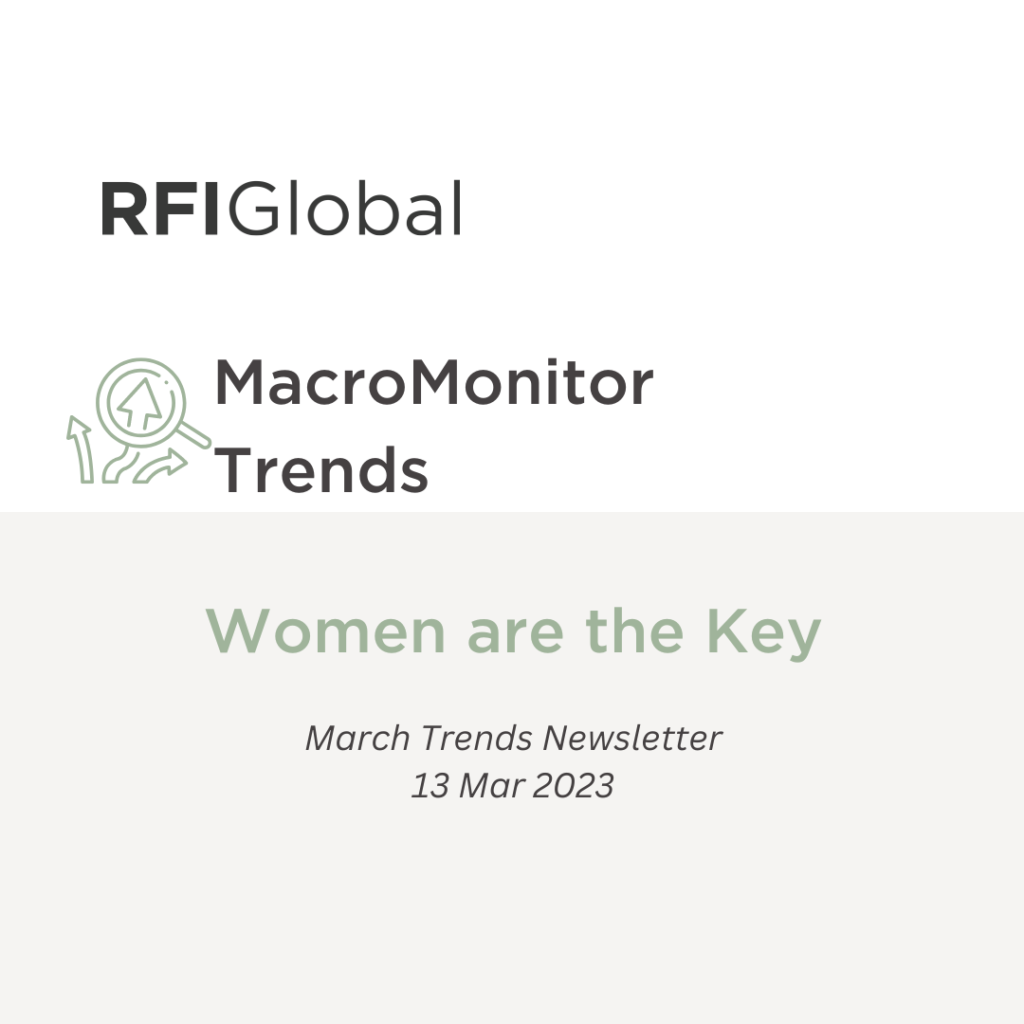

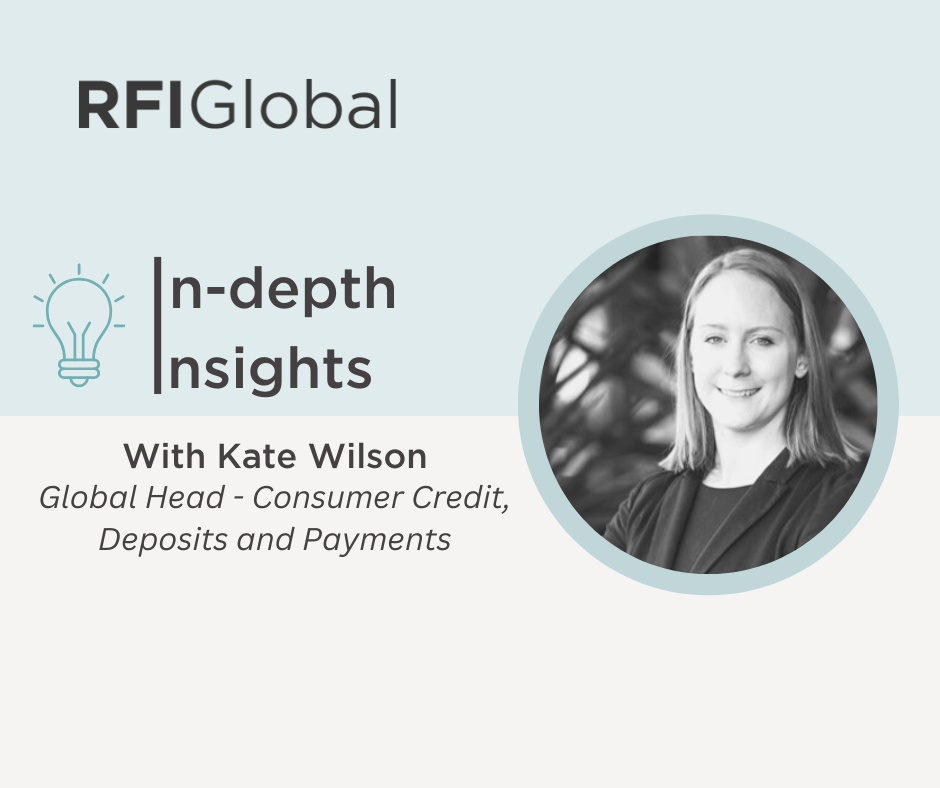
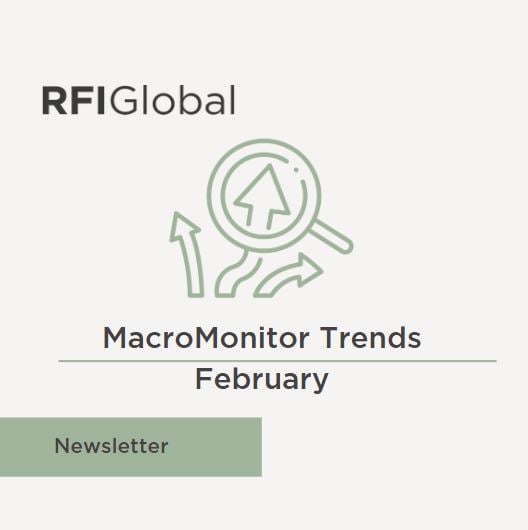


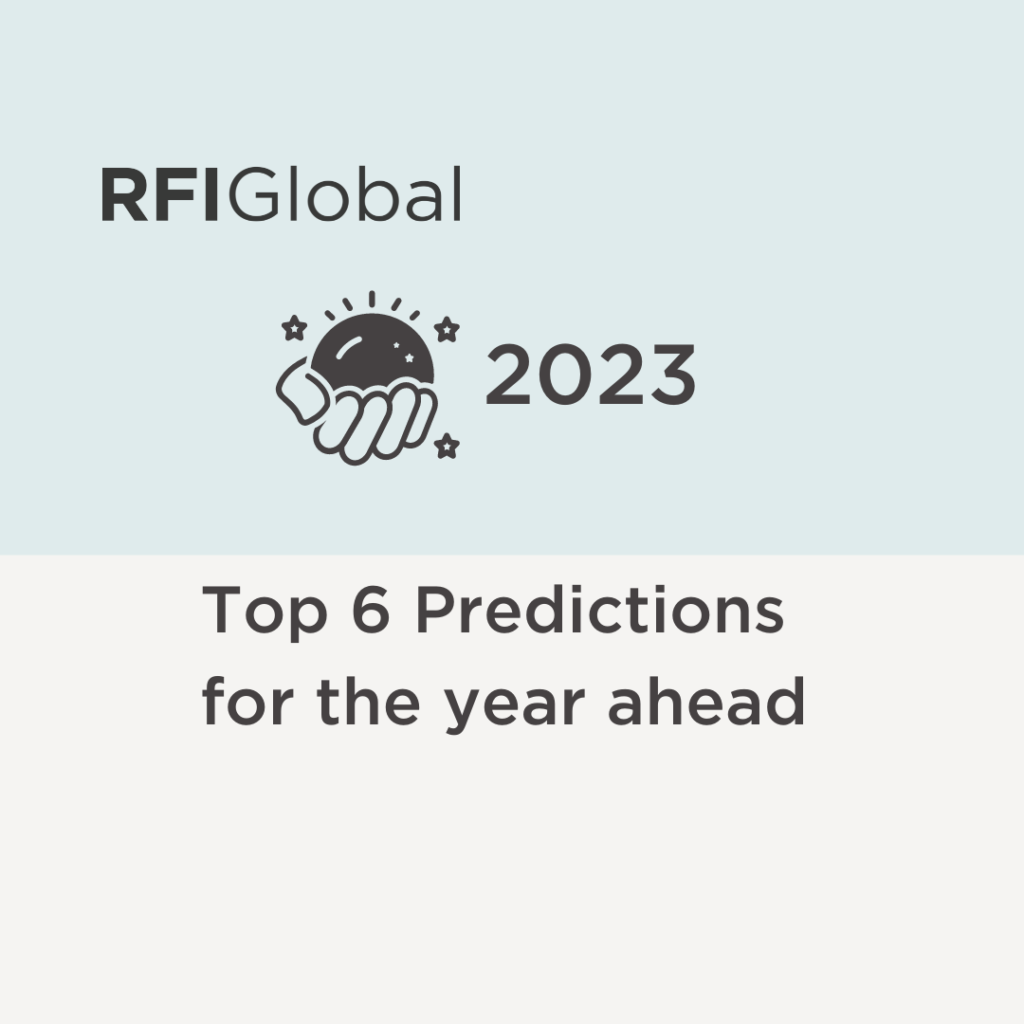
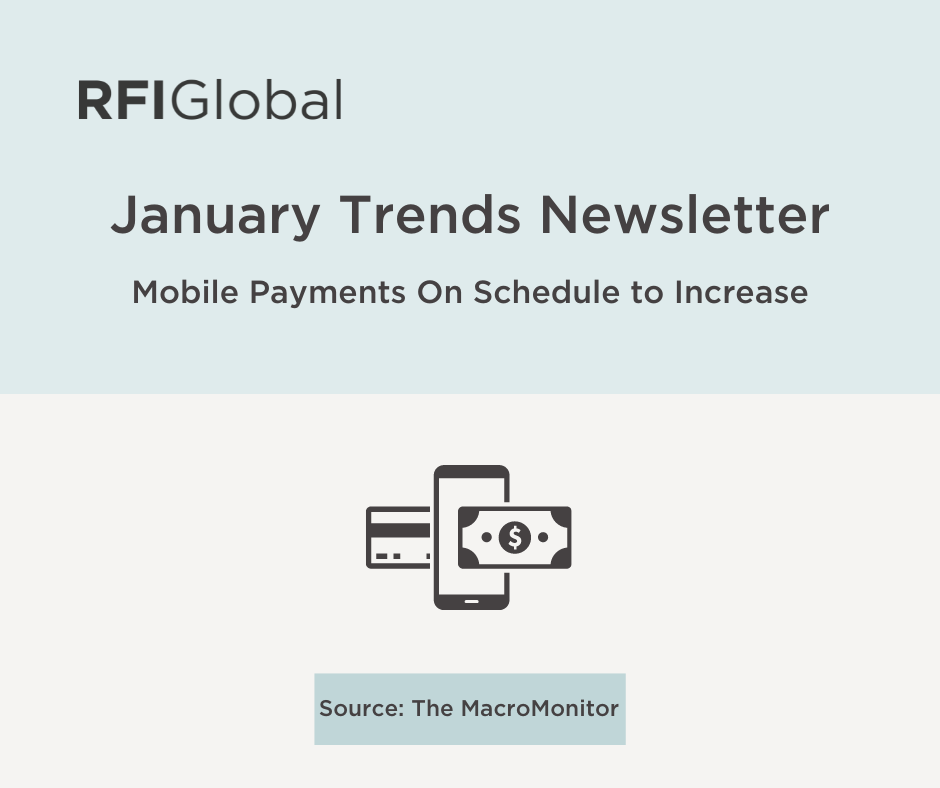
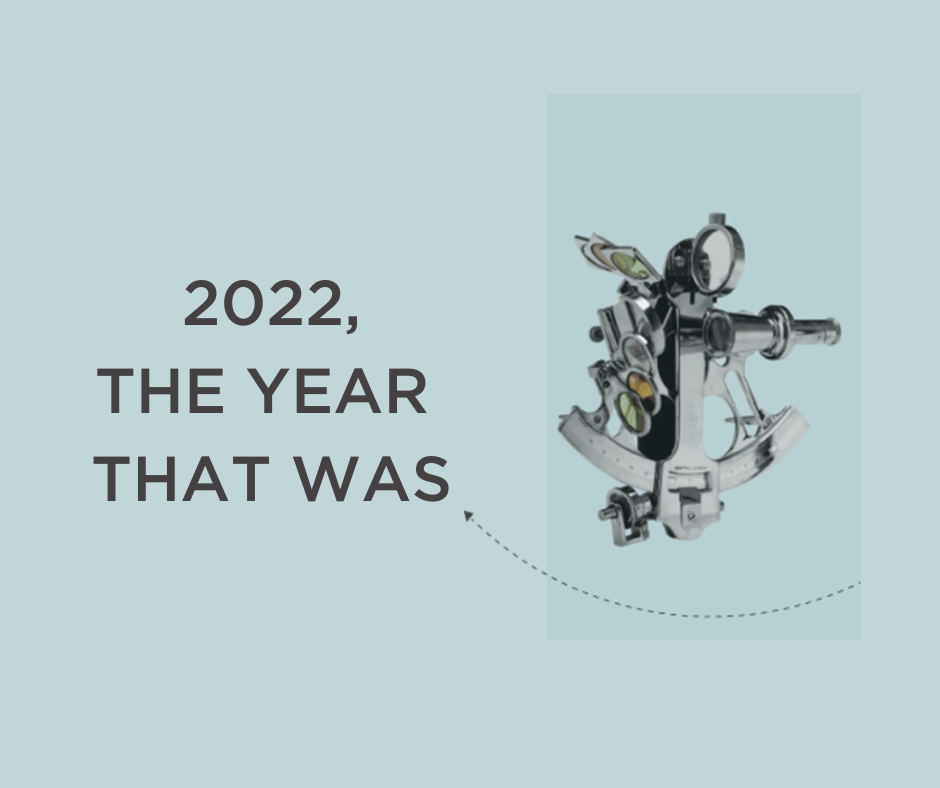








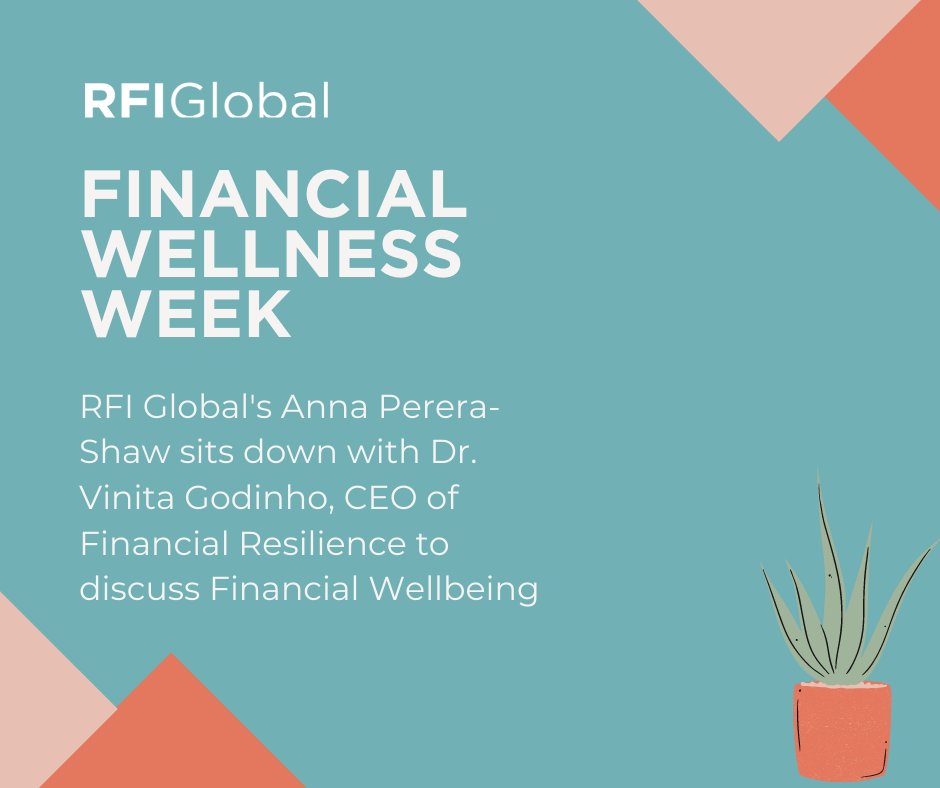





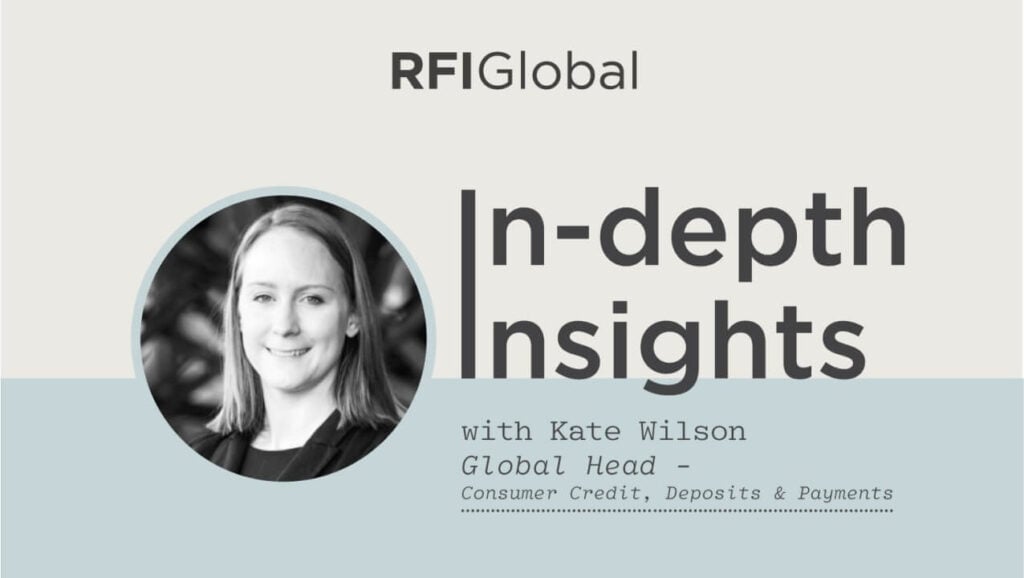










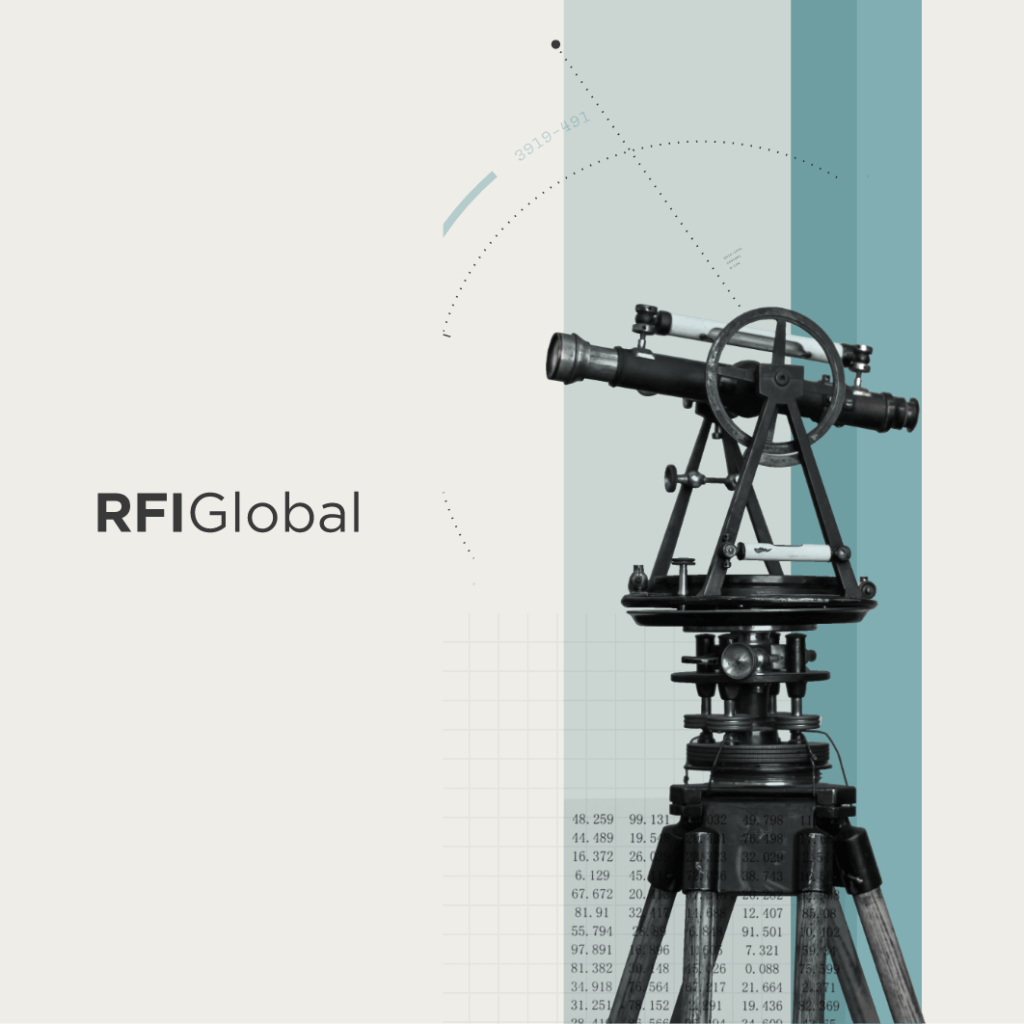


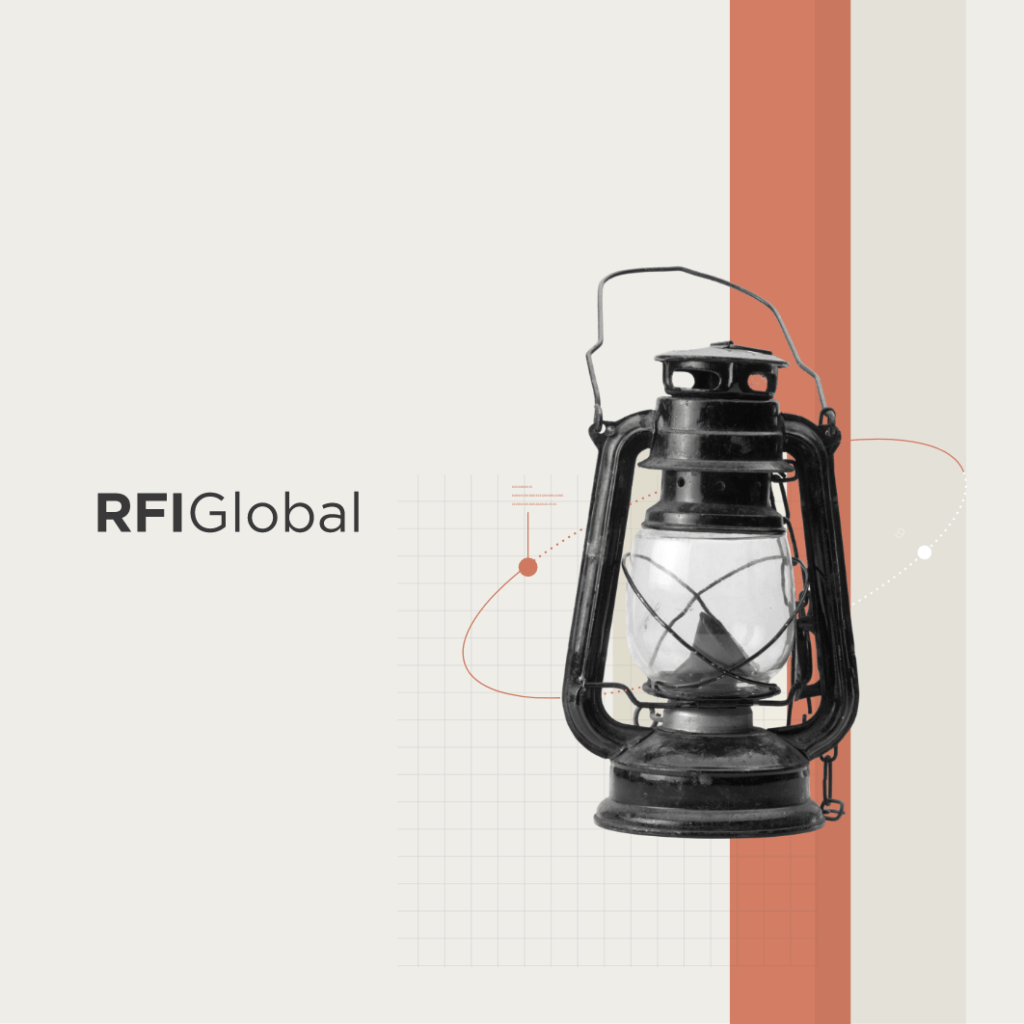
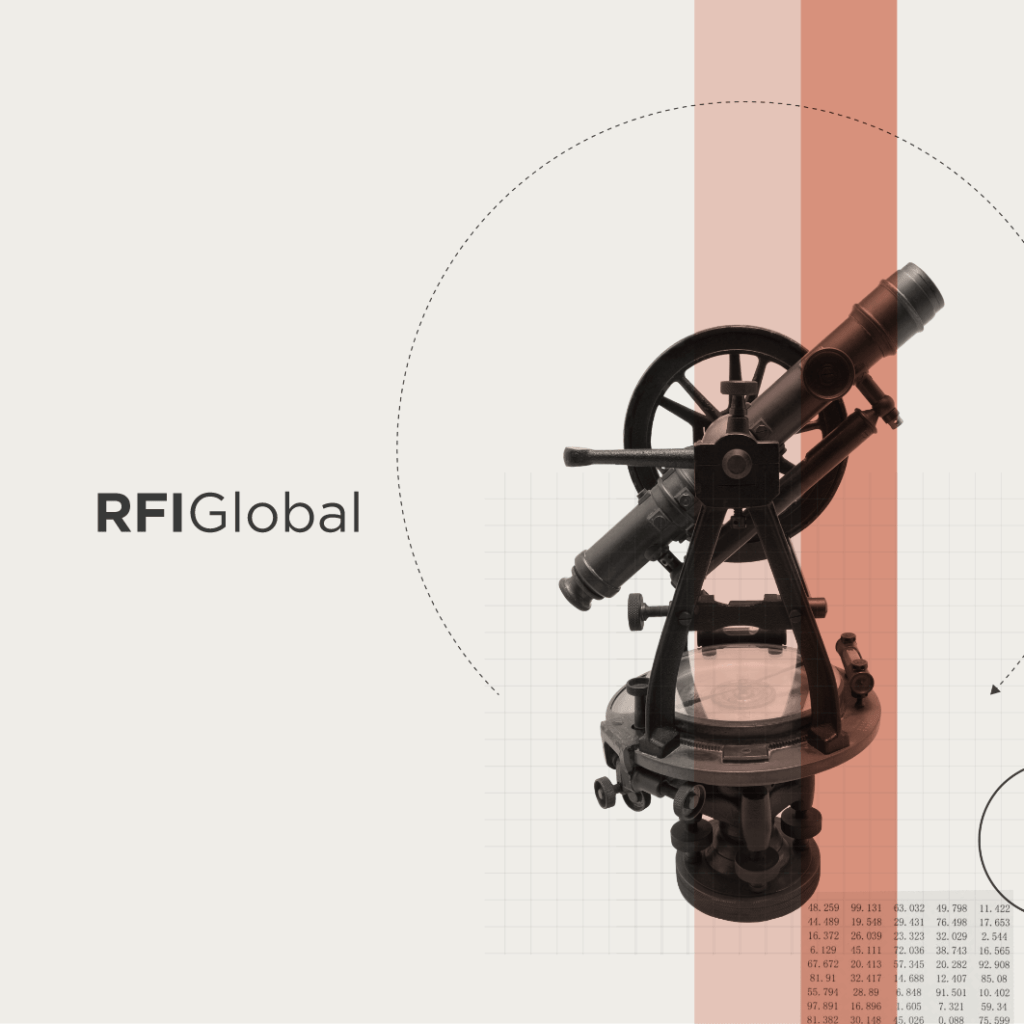
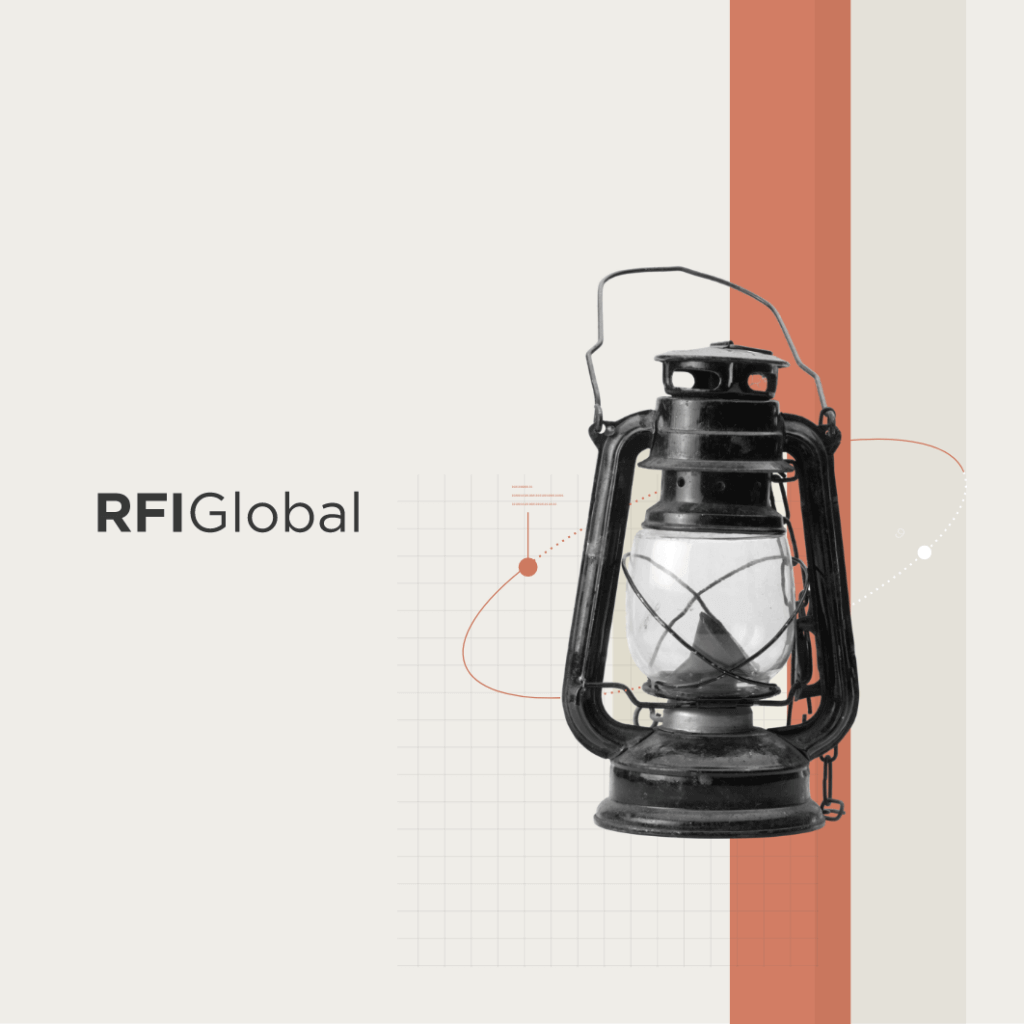
/NQA-ISO-27001-Logo-UKAS.jpg)